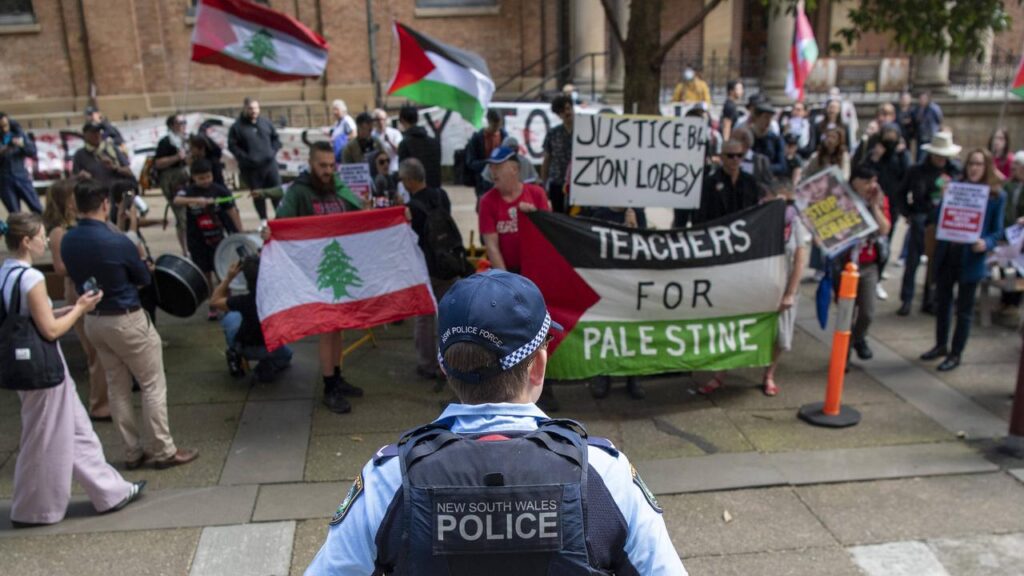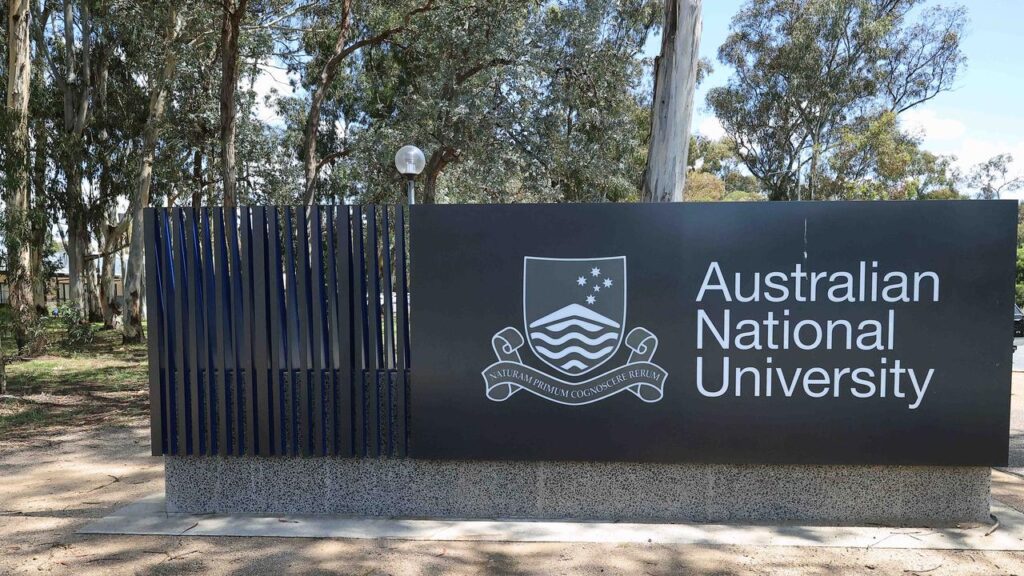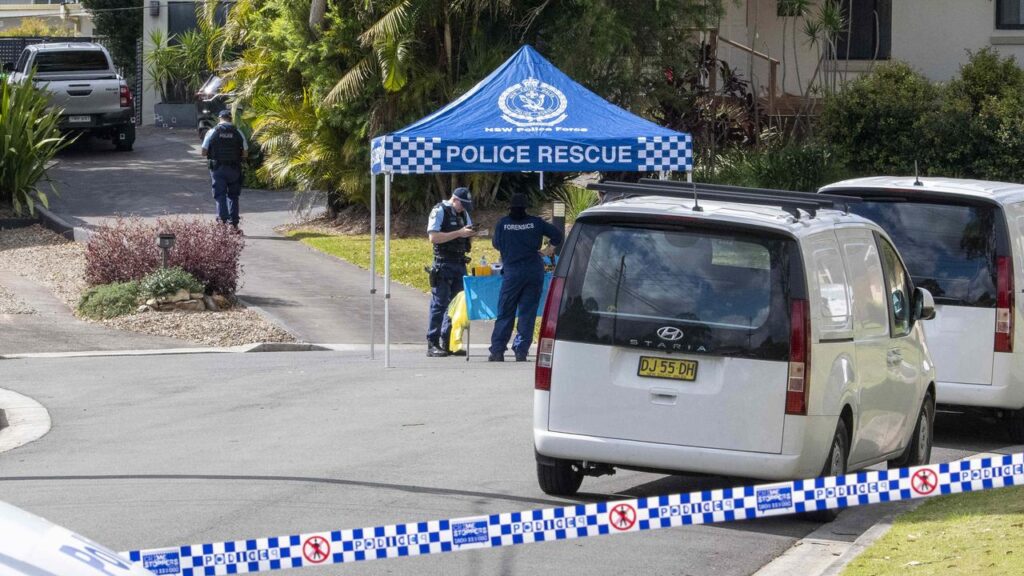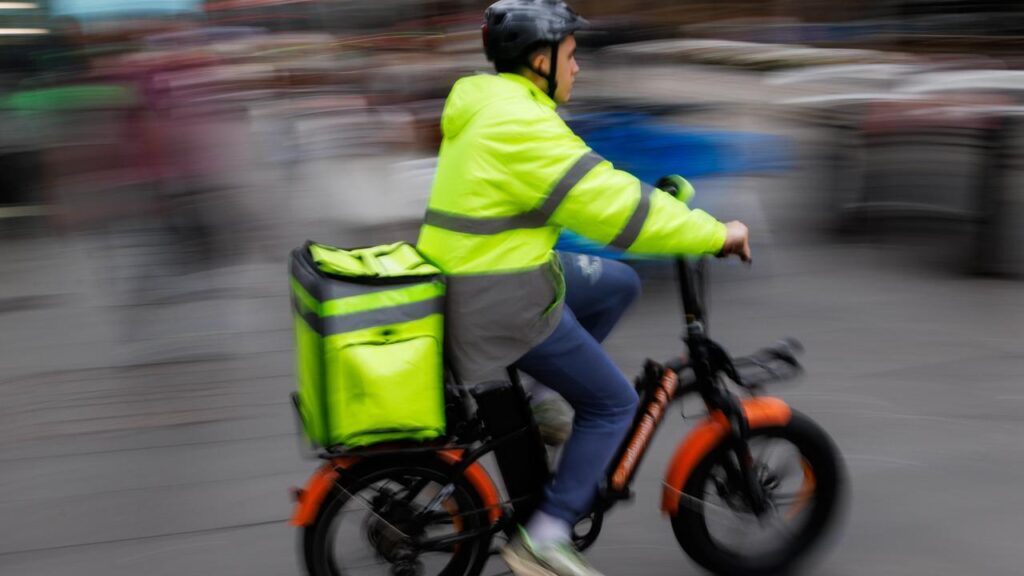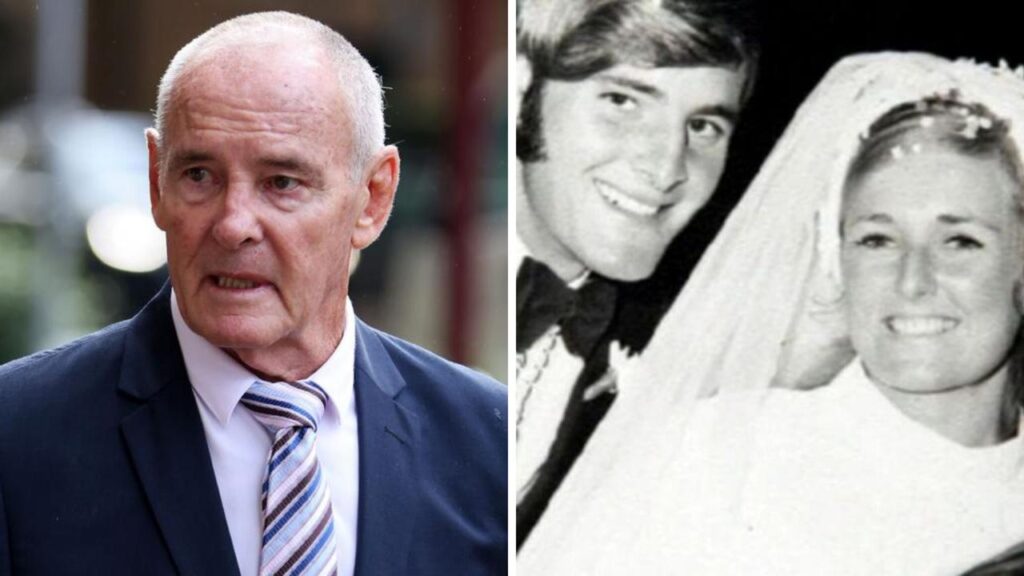Aussie’s offered $300 power bill lifeline
Written by admin on May 14, 2024
Labor will spend $7.8bn to give Australians struggling with the cost of living “targeted” help that won’t put further pressure on inflation, coupling broad power bill relief with targeted changes to welfare payments in addition to the pre-announced stage 3 tax cuts revamp.
As he handed down his third budget on Tuesday night, Treasurer Jim Chalmers assured Australians “more help was on the way”, announcing 10 million households will be given $300 in energy bill rebates, while one million small businesses will be $325 better off.
The credits will be applied in quarterly instalments over the financial year, and the entire package will cost the budget $3.5bn.
Dr Chalmers said it would help those who needed it, and in anticipation of any concerns it would be inflationary, assured Australians it would not make things worse in the long run.
“What we have done in our cost-of-living package is we have struck a balance between broad cost-of-living help and targeted cost-of-living help,” he said on Tuesday.
“The reason we’ve gone broad with the energy bill rebates is we recognise these cost-of-living pressures are felt up and down the income ladder.
“We’ve found a responsible way to provide assistance more broadly and in a more targeted system.
In his speech, he assured Australians the government’s “number one priority” was helping Australians.
The more targeted measures the government has announced include an increase to the Commonwealth rent assistance by ten per cent.
Although below the 15 per cent hike last year, households will benefit by up to $18.80 per fortnight for a single person, and up to $25.06 for families with children, at a cost to the budget of $1.9bn over five years.
Dr Chalmers said it was the first back-to-back increase to the Commonwealth Rent Assistance in more than 30 years.
But despite wide-ranging calls for the government to increase the Jobseeker rate, the government has declined to do so, opting instead to expand the eligibility for the higher rate of the welfare payment.
As it currently stands, only single parents with dependent children and those aged over 55 who’ve been receiving the payment for nine months or more can access the higher rate.
Under the expanded eligibility, “people who can only work up to 14 hours a week will see their payment increase at least $54.90 a fortnight”, a cohort estimated to be about 4700 people.
Dr Chalmers said making the changes to Jobseeker the government had was about providing targeted relief to the most vulnerable Australians, noting that all jobseekers who receive rent assistance or pay power bills would be helped through other measures.
The government has also announced it will freeze the social security deeming rates at their current levels for another 12 months, to ensure an estimated 876,000 income support recipients and age pensioners keep more of their payments.
Lower deeming rates will remain at 0.25 per cent and the upper rate will remain at 2.25 per cent.
The government said a single pensioner, with deemed assets of $250,000, would benefit by more than $2300 annually.
Dr Chalmers also announced the government would spend $3bn for cheaper medicines, which includes freezing the maximum cost of PBS prescriptions.
“This year and next year, no one will pay more than $31.60,” Dr Chalmers said on Tuesday.
The cost of PBS medicines for pensioners and concession card holders will be capped at $7.70 for the next five years.
The government will also spend $3.4bn to add “life changing and life saving medicines” to the PBS, as part of a deal with community pharmacies.

